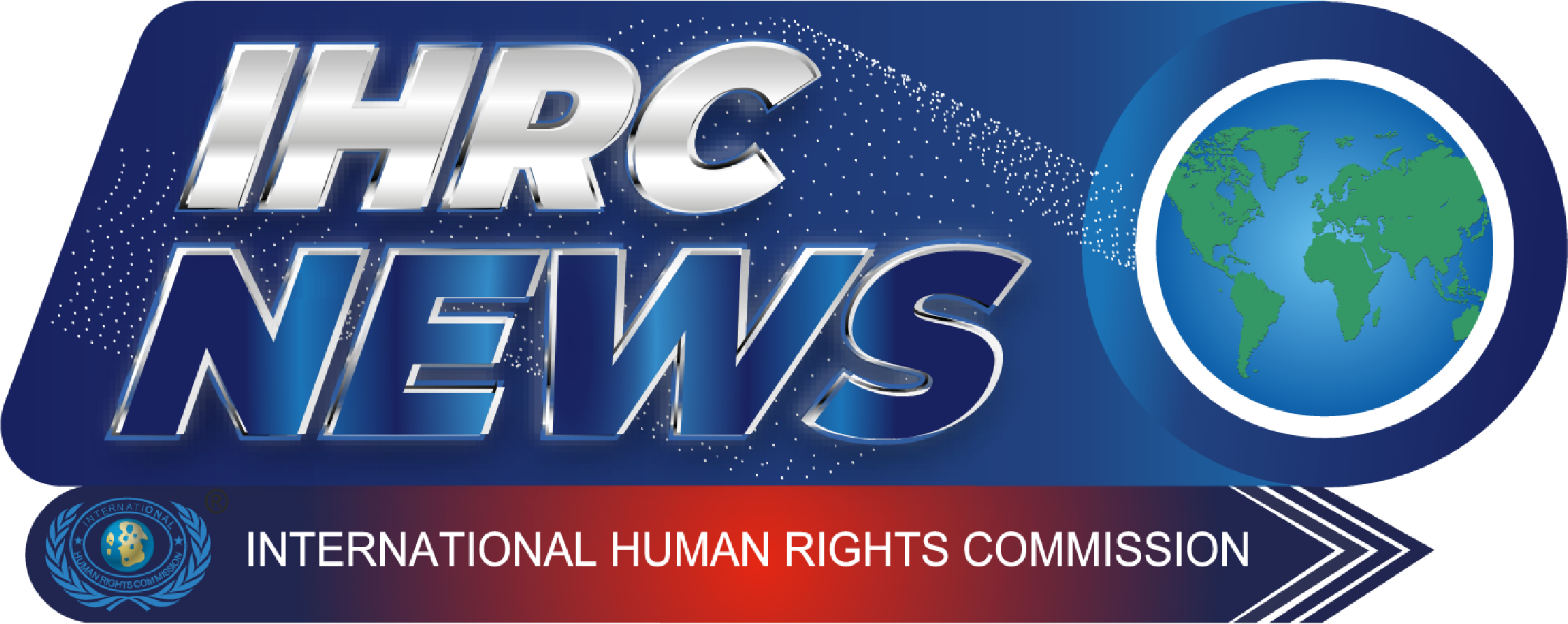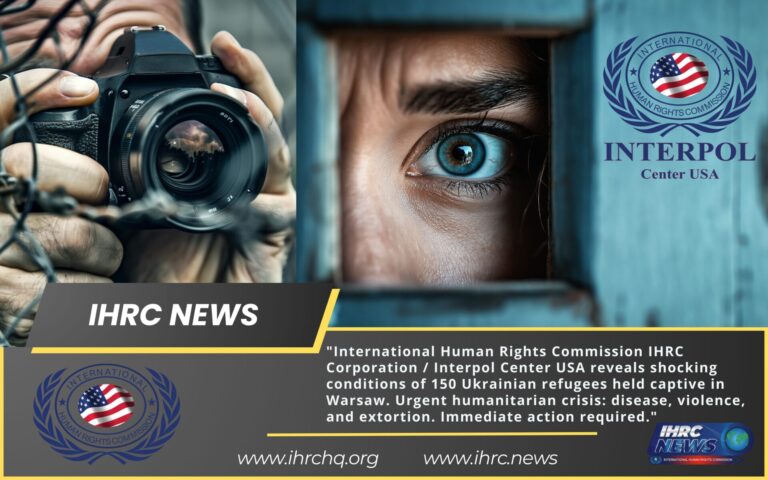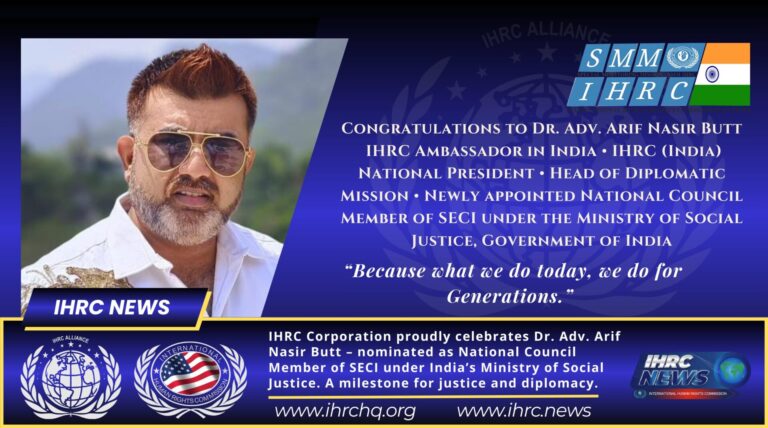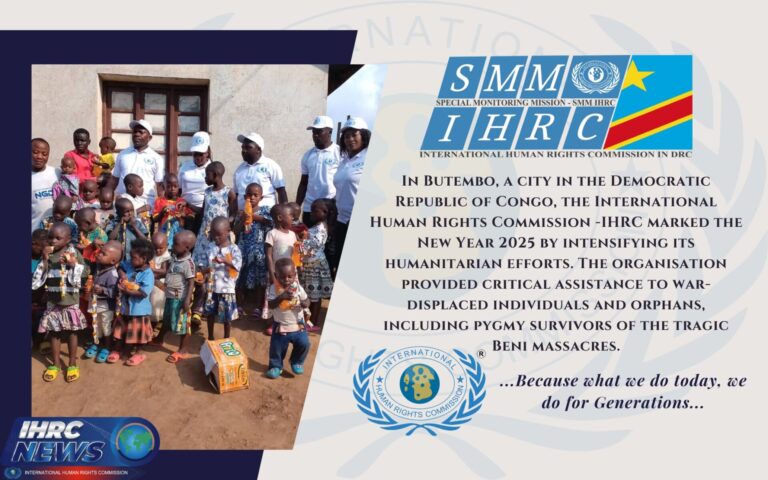BREAKING: Col. Robert Banaszek Awarded IHRC Medal “Civis Mundi Sum”, Poland.
According to Commissioner Dr. Andrzej Toffel of the International Human Rights Commission, Col. Robert Banaszek from Poland has been awarded IHRC Prestigious Medal “Civis Mundi Sum” by the incumbent Secretary-General Prof. h.c. Rafał Marcin Wasik.
He said on March 1st, 2023, the Secretary General, Prof. h.c. Rafał Marcin Wasik, on behalf of the International Human Rights Commission, awarded the intergovernmental medal “Civis Mundi Sum” in recognition of the outstanding merits in the defense of human rights to Col. Robert Banaszek, a retired Chief Commander of the Independent Counter-Terrorist sub-unit of the Police in Lublin, Poland.
The decoration was assisted by H.E. Vasyl Pavliuk from Ukraine and H.E. Ambassador at Large Jaroslav Tatarowski – IHRC Managing Director.
Recall that Col. Robert Banaszek for many years was fighting against organized crime groups, among others he held the most dangerous members of these groups. As the commander of the counter-terrorist unit, he participated in the planning and implementation of high-risk Police actions and operations (World Youth Day, the visit of the US President to Poland).
Col. Robert will represent IHRC in the European Commission as IHRC Commissioner in the working meeting: RAN PRISONS – Information exchange between the 4 Ps – Police, prosecution, prison and probation in the prison management and reintegration of VETO’s Wednesday 29 March and Thursday 30 March 2023.
Stating the background and aim of the meeting, he emphasized that at the time a VETO enters prison, there is a wealth of information already held on the individual by different actors, including police, the prosecution service, the judiciary, but also social services and other agencies.
The Triple P (Police, prison and prosecution) is a key triangle in the larger multi-agency cooperation environment with regard to managing security and promoting resocialisation. All three sectors perform risk assessments, but the tools and interpretation of outcomes might differ.
Hence information exchange is key, but a key precondition is mutual trust and understanding of each other’s tools, procedures and the relevance of outcomes for other actors, he maintained.
Meanwhile, strengthening exchanges with prosecution and judicial actors is further needed, as sentencing has a huge impact on the subsequent interventions in prison and beyond. Practitioners need concrete tools and guidelines on how to set up such information exchanges, what to keep in mind, common pitfalls but also transferable working methods and practices.
The meeting will be addressing information sharing, trust building, cooperation and rules of engagement between different actors (prosecution and judicial actors, police, prison & probation staff, exit workers, among others) involved with VETOs in the prison context.
It also aim to provide recommendations for a model information sharing protocol between different professional groups, with key elements/principles to be considered for building trust and setting up cooperation in the risk assessment, prison management of VETOs and rehabilitation/release preparation, he added.
International Human Rights Commission-IHRC have diplomatic representation in European Commission in Migration and Home Affairs: https://home-affairs.ec.europa.eu/networks/radicalisation-awareness-network-ran/civil-society-empowerment-programme/csep-network-members/international-human-rights-commission-ihrc_en
Reporter: Commissioner Dr. Andrzej Toffel
Editorial:
Fidelis Onakpoma
IHRC Editor-in-Chief Worldwide.







